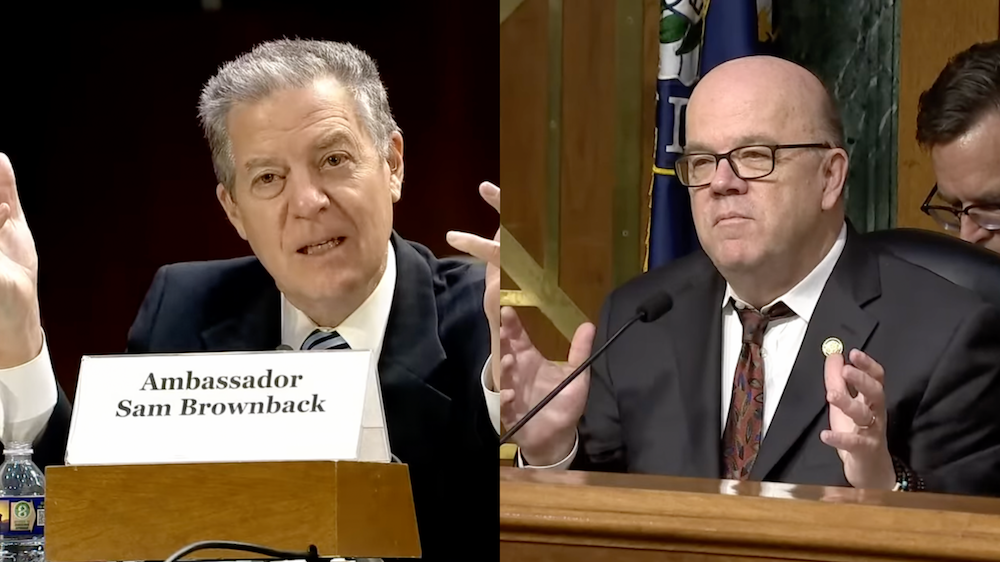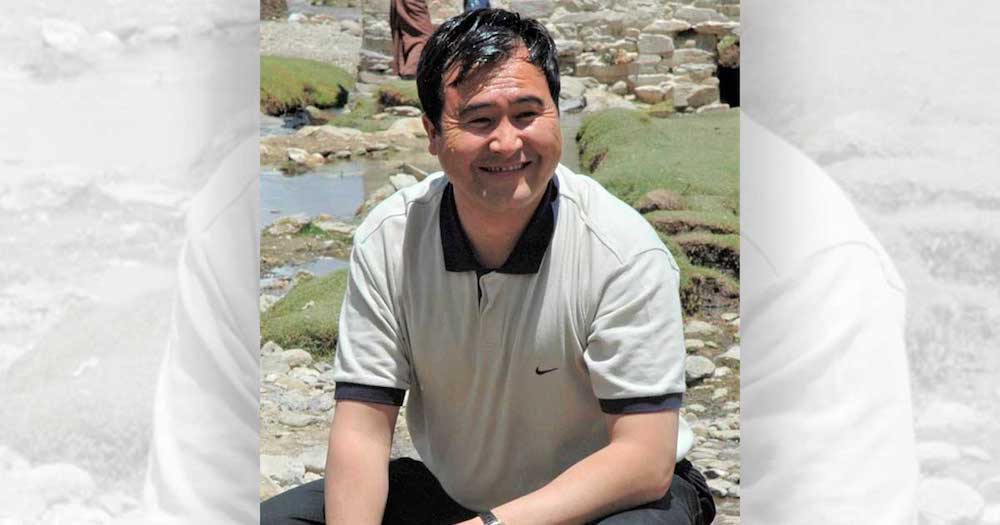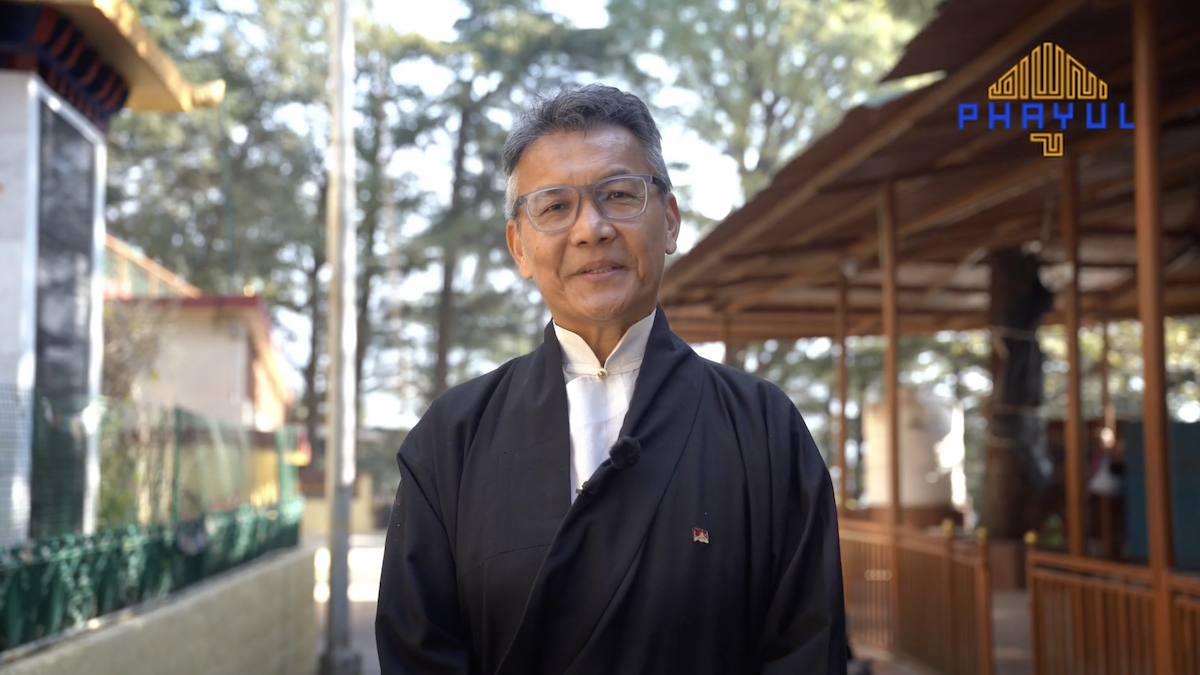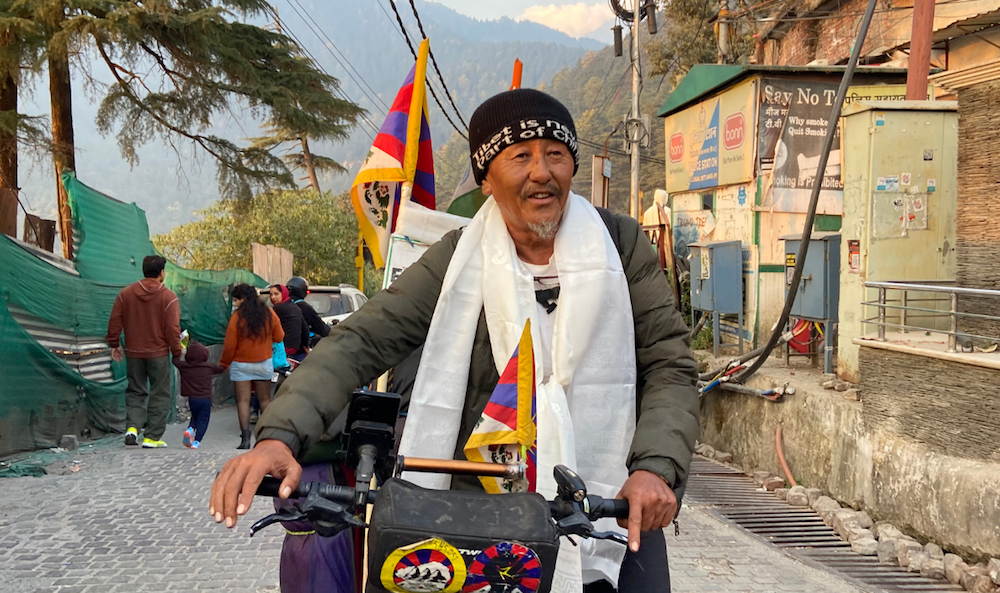Tenzin Nyidon
DHARAMSHALA, Nov. 25: U.S. lawmakers held a congressional hearing on Friday titled “China’s War on Religion: The Threat to Religious Freedom and Why it Matters to the United States,” where Tibet featured prominently in testimonies and discussions. The session included statements from elected officials, Chinese Christians, a Hui Muslim, and Bhuchung K. Tsering, Head of the Research and Monitoring Unit at the International Campaign for Tibet (ICT).
Throughout the hearing, panellists and lawmakers repeatedly emphasised the urgency of addressing China’s repression in Tibet and emphasized the need for concrete consequences over Beijing’s refusal to resume dialogue with representatives of His Holiness the Dalai Lama and the Central Tibetan Administration (CTA). Witnesses and legislators voiced strong support for renewed initiatives to adopt a tougher U.S. stance on China’s occupation of Tibet.
Former US Ambassador-at-Large for International Religious Freedom Sam Brownback, who also served as Governor of Kansas and a U.S. Senator, delivered forceful opening remarks. “There is a cultural genocide in Tibet going on today, and we need to call it out,” he said.
Brownback called on Washington to categorically reject Beijing’s claim to appoint the next Dalai Lama and proposed sending Vice President J. D. Vance or Secretary of State Marco Rubio to Dharamshala to meet with the Tibetan spiritual leader.
“I believe we should announce our support for the Dalai Lama’s Middle Way approach—genuine autonomy for Tibet within China,” he said. “While I have significant doubts this will work, if China will not agree to this within a set period, say 60 days, we should announce our recognition of an independent Tibet.”
Long-time Tibet supporter Rep. Jim McGovern (D-MA) echoed this sentiment. “I share Ambassador Brownback’s impatience,” McGovern said. “The Middle Way has been discussed for decades. Maybe the Chinese government might be receptive, maybe willing to negotiate—but they just keep stringing everybody along.”
McGovern endorsed the idea of establishing deadlines for Beijing to engage in meaningful dialogue. “If China doesn’t comply, then we formally recognize Tibet as an independent country,” he stated.
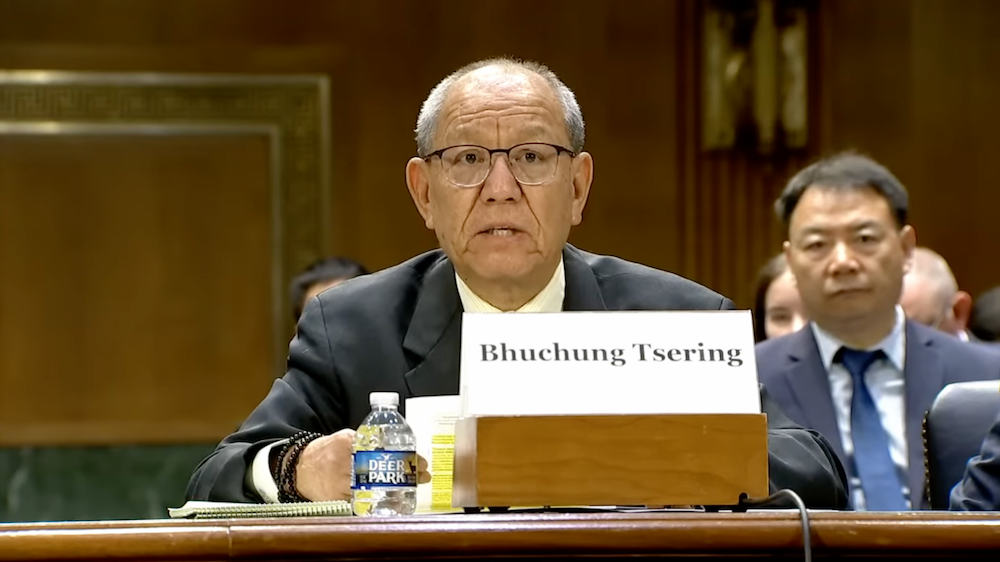
Bhuchung testified on Beijing’s coercive control of Tibetan Buddhism and its implications for US national security. He said the Dalai Lama remains deeply respected across the Indo-Pacific and in the United States, where successive US administrations and Congresses, he noted, have responded to this concern through policy and legislation. He reiterated that Tibetans will never accept a CCP-appointed Dalai Lama and stressed that the international community must firmly oppose China’s interference in reincarnation processes.
He also described growing transnational repression, citing cases such as the Chinese authorities’ attempt to interfere in CTA President Penpa Tsering’s international engagements, and the July disappearance of Zhang Yadi (Tara), a Chinese follower of Tibetan Buddhism detained for peaceful advocacy in France.
Bhuchung concluded with a set of recommendations urging the US government to closely monitor and sanction Chinese officials involved in violating Tibetan religious freedom, particularly interference in the Dalai Lama’s reincarnation, under the Tibetan Policy and Support Act and the Global Magnitsky Act; to coordinate with like-minded governments and multilateral bodies, including the EU and UN, to forge a unified approach on protecting Tibetan religious freedom; to publicly demand the release of Tibetan political prisoners, including the 11th Panchen Lama; to press China to end transnational repression and free those detained for peaceful advocacy, such as Zhang Yadi; to strengthen enforcement of the Reciprocal Access to Tibet Act by naming sanctioned officials and pushing for expanded diplomatic and multilateral access to Tibet; to encourage Congressional committees, US diplomats, and international organizations to seek direct access to the region, including monasteries; and to urge Beijing to resume unconditional, substantive dialogue with the Dalai Lama’s representatives as mandated by US law.
The hearing was chaired by CECC chairman Sen. Dan Sullivan (R-AK) and attended by co-chair Rep. Chris Smith (R-NJ), Rep. Jim McGovern (D-MA), Sen. Jeff Merkley (D-OR), Rep. Dale Strong (R-AL), and Rep. Jen Kiggans (R-VA).


